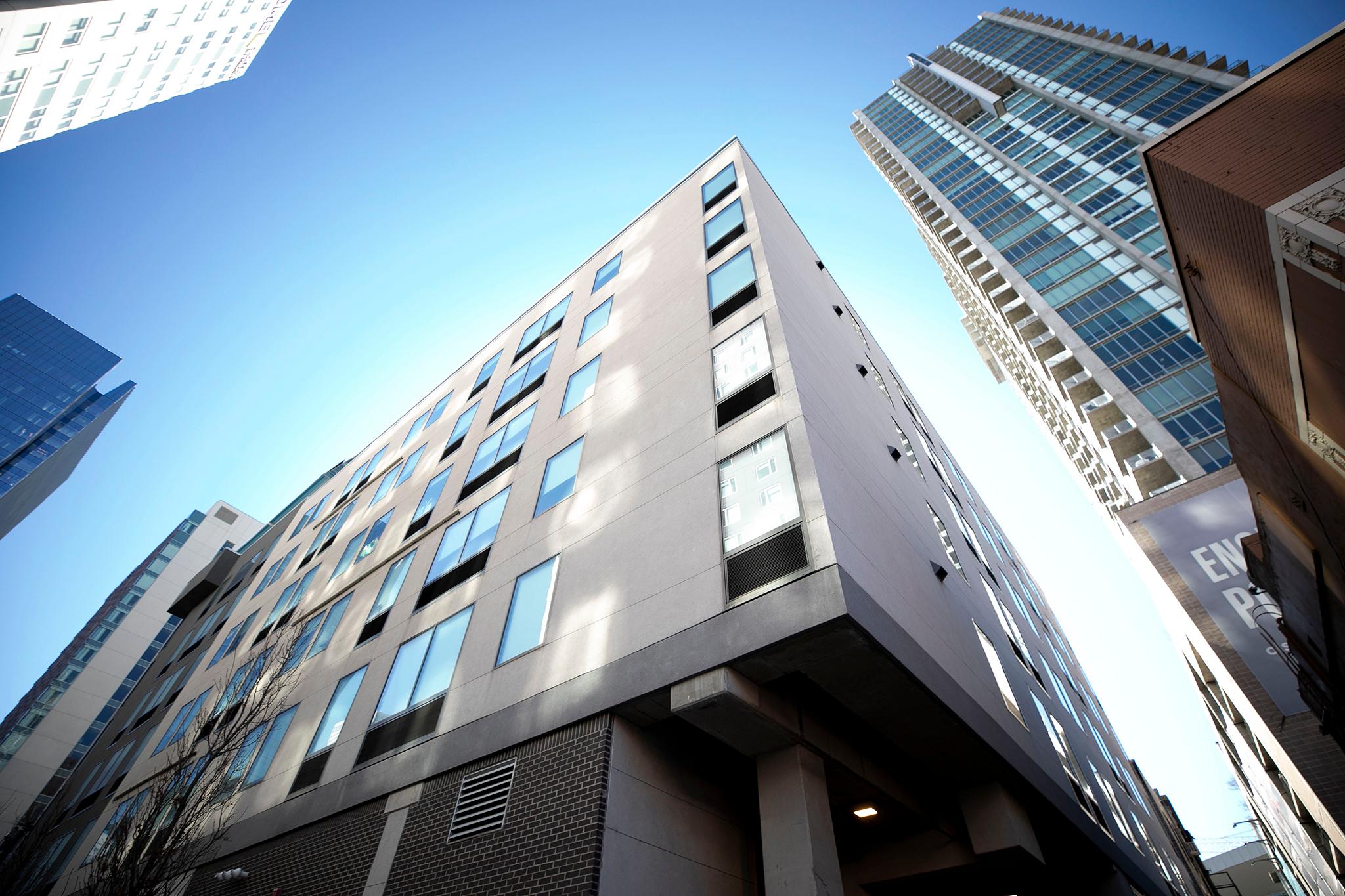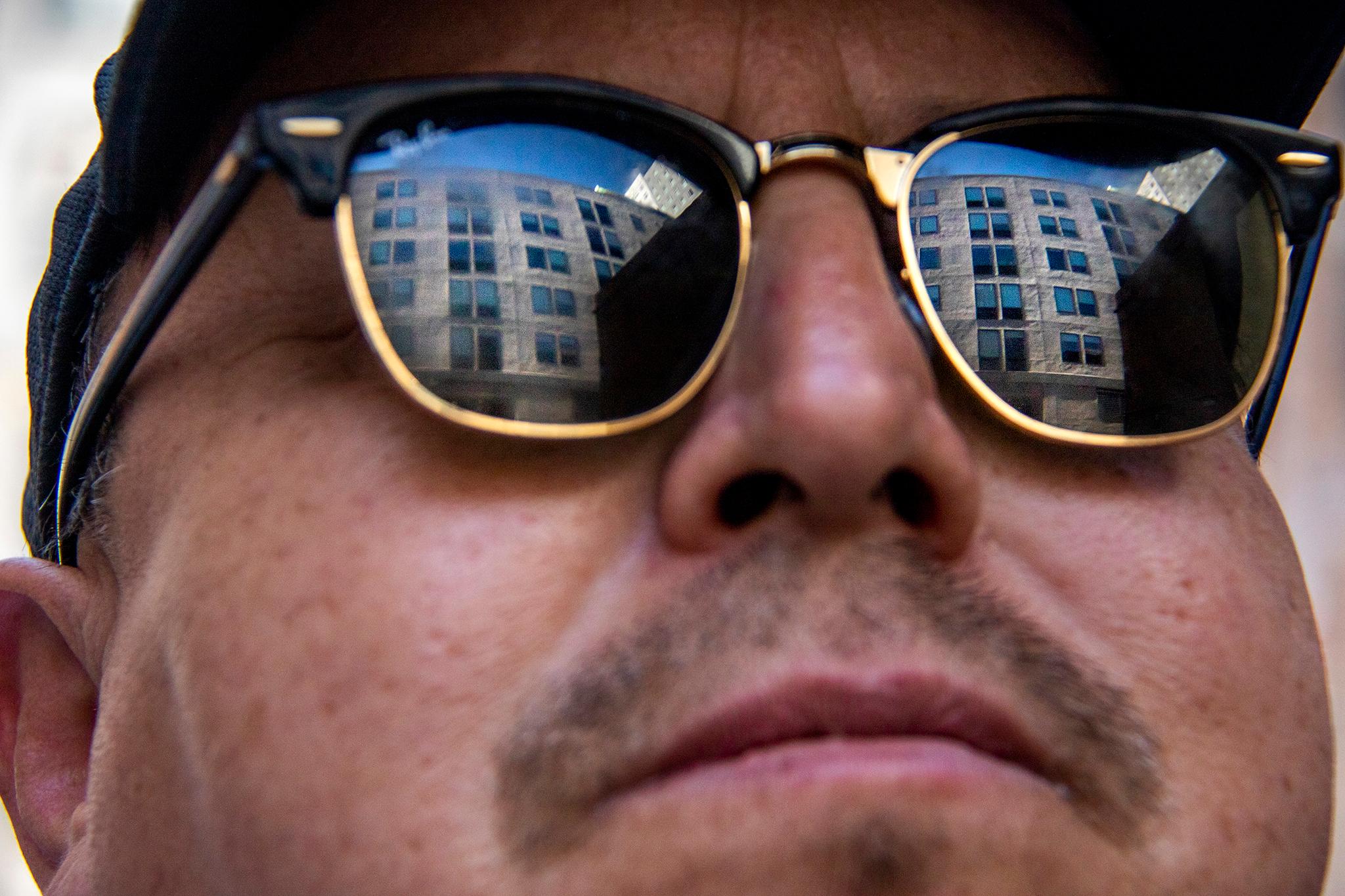Housing advocacy group Housekeys Action Network Denver had planned a big moving day on Thursday to help the last two unhoused residents of the soon-to-close Aloft Hotel facing group shelter or the streets -- a fate some described as a death sentence.
But HAND has canceled its plans. All 124 people staying at Aloft now have a safe place to live.
The Aloft Hotel was a protective action hotel -- one of the city's pandemic-era emergency shelters for unhoused residents the Centers for Disease Control and Prevention considered vulnerable to COVID-19. Residents include people living with HIV, terminal cancer, and respiratory infections and older Denverites -- people who need extra support, can't necessarily work and many of whom struggle with serious mental health issues.
While Aloft was never meant to be a permanent shelter, it gave residents a rare sense of stability.
And when residents learned Aloft would be closing, people panicked, fearing they'd be sent to live on the streets or in crowded shelters, where they could get sick.
Those fears of landing back in group shelters or on the streets were not unfounded. When another protective action hotel, the Quality Inn off Zuni St. shut its doors, many residents were left without a permanent place to go, beyond the very group shelters where the federal government had said they would not be safe from the virus.

The hardest Aloft residents to house were undocumented Spanish speakers. Advocates pushed the city and state to treat them like others. On Wednesday, the last two received state housing vouchers, and the City of Denver agreed to put them in bridge housing, in a hotel, until they found a permanent home.
"This is a huge testament to what is possible when everyone comes together toward a housing goal and puts their resources toward housing," HAND wrote in a statement.
HAND credited the Salvation Army staff lead for pushing for housing, the State of Colorado and its leaders for ensuring residents who needed them had vouchers, and the City of Denver for paying for bridge housing for residents while they waited for places to open up.
"All this said, it is critical to remember, none of these hotel and housing options were gonna be opened until pressure was put on the City and State to do this," HAND wrote. "Many residents were headed to the streets and shelters until we were able to intervene in individual situations.
"And all the Spanish Speaking undocumented residents were going to be kicked to SOS sites with no housing pathway until we persisted in speaking up for these men," HAND added. "Collective power with the direction of residents is necessary for the powers that be to do the right thing."













